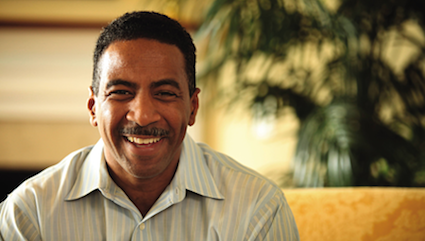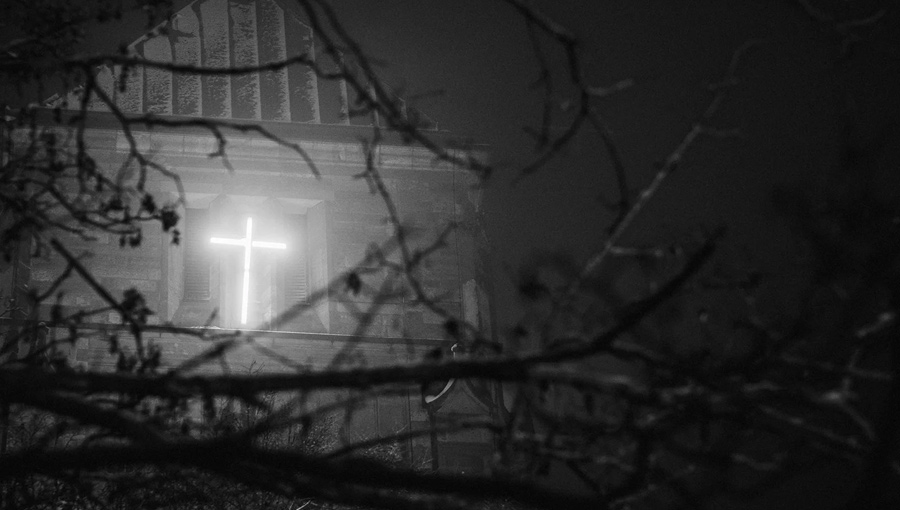What The Fall of Ancient Rome Teaches Us About the Future of the Church
By Anne Kerhoulas, Staff WRITER
Much of the modern world operates with a total disregard for history. Where previous generations would look to the rich history of those who had gone before them and their collective wisdom to learn from them, our culture today operates as if we have no intellectual or historical inheritance. We believe, as Marx argued, that history is merely the story of oppressed vs oppressor, and rather than the past being a source of knowledge and insight, the future is where human good lies.

Shining the light on this phenomenon, author John Mark Comer and church historian Roberta Ahmanson discuss how living ahistorically is senseless, and now more than ever we must look to those who have gone before us for wisdom in our cultural moment.
In this podcast for Live No Lies, by John Mark Comer, Ahmanson argues that America today is in a very similar position as the fall of the Roman Empire. Rome had become a Christian city led by a Christian empire with the intellecutal sphere governed by Christian thought. But when Rome was sacked in the 400s, all that began to change, and Christians in Rome were forced to navigate living in an empire that was no longer explicitly Christian.
Ahmanson and Comer discuss further how Christian intellectualism was once the standard began to fall away, being replaced by atheistic thinking, and has never recovered. In a time when Christianity is disdained for being illogical, repressive, and culturally irrelevant, we must turn to church history to understand where we went wrong and how we might right ourselves again.
Christian Union has been training Christians at top universities to think well and deeply about their faith, Scripture, and the person of Jesus so that they might be able to stand in the intellectual gap in our culture. Through Bible courses, thought-provoking speakers, and an emphasis on seeking the Lord wholeheartedly, students are being equipped to lead our culture in thought and deed.
Read the full article here.



